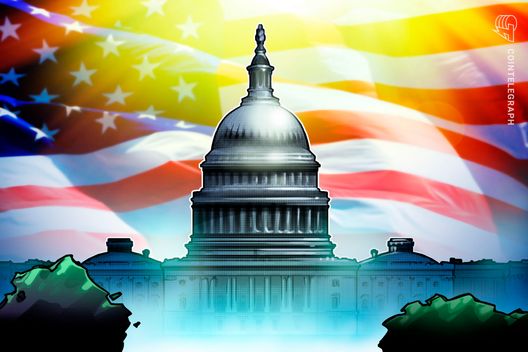

As the United States Congress prepares to recess for a month, the fate of several key crypto and Central Bank Digital Currency (CBDC) bills hangs in the balance. The House of Representatives recently passed three pieces of crypto legislation, but their future in the Senate is uncertain.
The House-passed bills include the Digital Asset Market Clarity (CLARITY) Act, which aims to establish a regulatory market structure for cryptocurrencies; the Guiding and Establishing National Innovation for U.S. Stablecoins (GENIUS) Act, which seeks to regulate payment stablecoins; and the Anti-CBDC Surveillance State Act. The GENIUS Act was signed into law by President Trump. The CLARITY Act and the Anti-CBDC Surveillance State Act will now head to the Senate for consideration.
The House passage of these bills followed Republican efforts to push them through, with some branding their efforts as bipartisan. However, some Democrats have raised concerns about potential conflicts of interest related to President Trump's crypto ventures, suggesting that the remaining two bills could face arguments from Senate Democrats.
The bills passed with bipartisan support, with almost 80 Democrats voting for the CLARITY Act and over 100 supporting the GENIUS Act. Despite this, the anti-CBDC legislation saw less Democratic support, indicating it may remain a contentious issue.
The progress of these bills was not without its challenges. Voting on the package initially stalled due to some Republicans insisting on a ban on the development of a CBDC in the U.S.. A compromise was eventually reached where anti-CBDC provisions would be included in a forthcoming defense authorization package.
With the House having acted on these measures, the focus shifts to the Senate. Senate Republicans are expected to prioritize addressing crypto market structure first. The CLARITY Act and the anti-CBDC bill will go to the Senate for debate and possible amendments before potentially returning to the House.
Senator Cynthia Lummis has urged the Senate to cancel its August recess to accelerate crypto legislation and establish a unified regulatory framework. She emphasized the need for a unified regulatory framework to maintain America's edge in the global financial sector. Lummis's proposal challenges the Senate's tradition of adjourning for the summer and reflects a strategic effort to prioritize crypto-related bills.
The debate over these bills highlights the tension between fostering innovation and ensuring regulatory caution and consumer protection. The outcome of these legislative efforts could significantly impact market stability and regulatory clarity in the digital asset space.